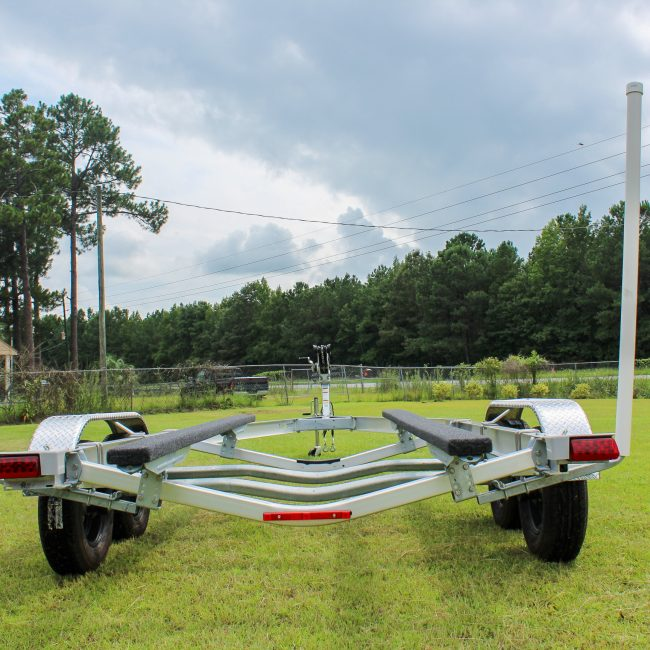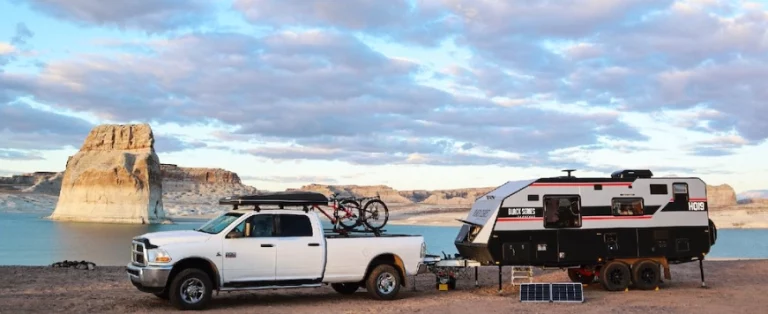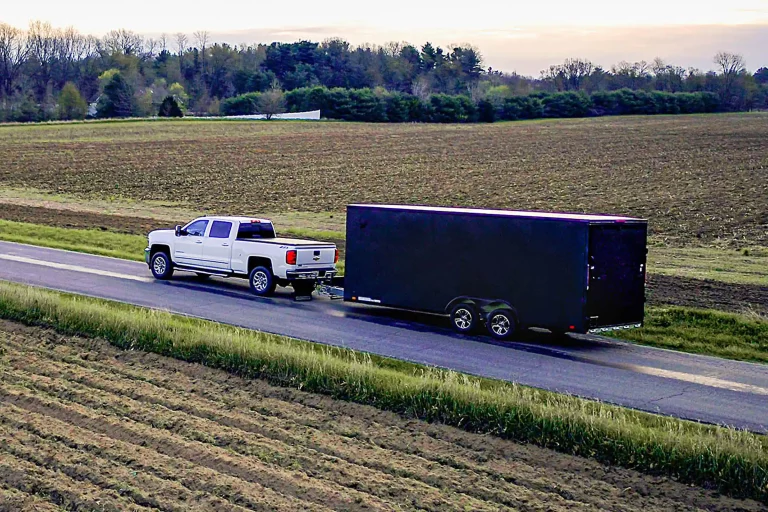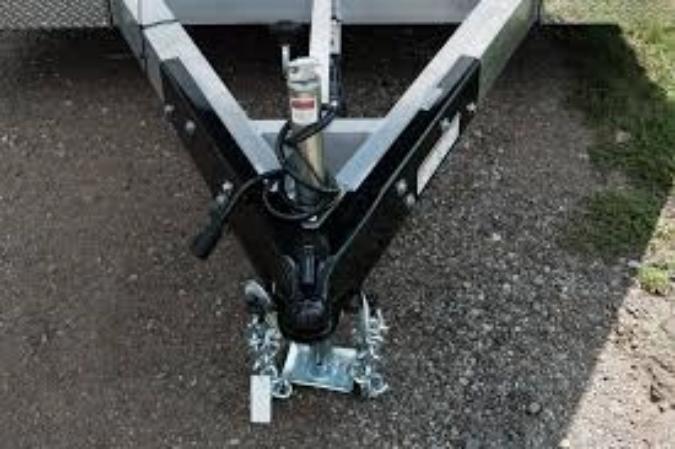Trailer torsion axles are a vital component of trailers that provide stability and smooth towing. These axles are designed to withstand heavy loads and provide a comfortable ride for the occupants.
Trailer torsion axles are made from high-quality materials such as steel and rubber. The steel components provide strength and durability, while the rubber elements act as a shock absorber, reducing vibrations and impacts during travel.
The axle consists of several components, including the main beam, spindle, torsion arm, and rubber cords. The main beam is the central support structure that holds the entire axle assembly together. The spindle attaches the axle to the trailer frame and allows the wheels to rotate. The torsion arm connects the spindle to the main beam and is responsible for absorbing shocks and providing suspension. Rubber cords are placed inside the torsion arm and provide the necessary flexibility for the axle to absorb impacts and maintain stability.
Trailer torsion axles is based on the torsion suspension system. When the trailer encounters bumps or uneven terrain, the torsion arm twists the rubber cords, creating resistance and absorbing the impact. This twisting action helps distribute the load evenly across the axle, resulting in a smooth and stable ride.
The advantages of trailer torsion axles include improved stability, reduced vibrations, and increased durability. The torsion suspension system provides better control and handling, making it easier to maneuver the trailer. Additionally, the absence of leaf springs and shock absorbers reduces maintenance requirements and improves overall reliability. However, one drawback is that trailer torsion axles can be more expensive to manufacture and repair compared to traditional leaf spring axles.






